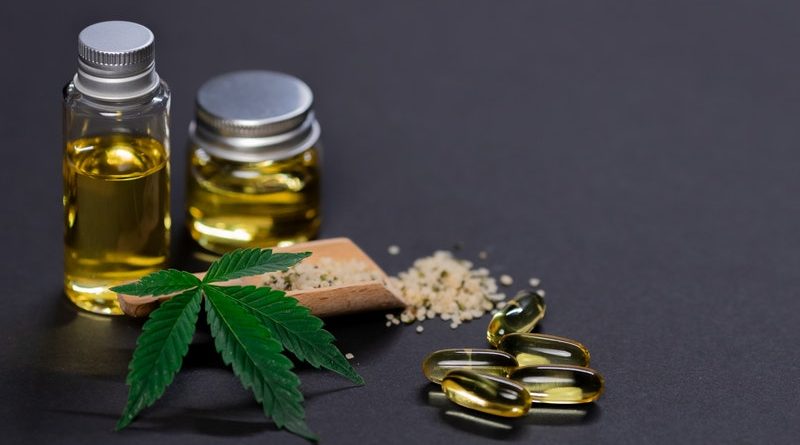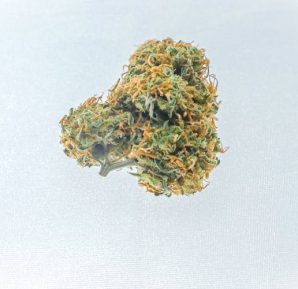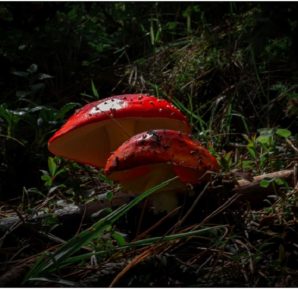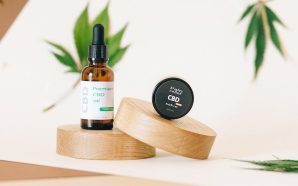With all there is available on the market today, it’s easy to be confused when it comes to hemp and CBD. The best place to start is that hemp seed oil and CBD oil are both derived from the cannabis plant. However, they are sourced from separate parts, which makes all the difference.
Read on to learn about the differences and similarities between hemp seed oil and CBD oil, as well as how consumers can benefit from their uses.
What Is Hemp Seed Oil?
The cannabis plant has long been contested due to its “recreational” uses. Hemp seed oil is not used for such recreational purposes. It contains no THC (tetrahydrocannabinol) and little to no CBD, which causes psychoactive effects rendering it ineffective in this regard. This is because the oil is only extracted from the seeds and not the leaves, flowers, or stems.
That is not to say there are no effects on the body. On the contrary, ingesting hemp seed oil can lead to several possible benefits including improving skin conditions, anticancer effects, and antioxidant effects.
Hemp seed oil is high in vitamins E, D, and B. It also contains omega-6 and omega-3 fatty acids, gamma-linolenic acid, and other antioxidants. Many nutritional supplements contain hemp seed oil to utilize these elements. Consuming hemp seed oil is safe and has been approved by the Food and Drug Administration however, digestive issues have been reported.
It’s also important to note that there is a clear distinction between “hemp oil” and “hemp seed oil.” The term hemp oil has been generalized on the market, so be sure to thoroughly read any label.
What Is CBD Oil?
CBD oil is manufactured with specialized processes to draw out an extract rich in CBD and other components from the flowers, stems, and leaves of the cannabis Sativa plant.
Generally, consumers can find three separate types of CBD oil on the market:
- The first is full-spectrum CBD oil. It contains all compounds of the cannabis plant including THC. It falls below a 0.3% threshold.
- The second is broad-spectrum CBD oil, which contains several compounds but excludes THC.
- The third is CBD isolate, which contains 99% CBD, making it the purest version.
Please note, these terms are not yet regulated and not all manufacturers apply them the same way.
Looking for help in getting a good night’s sleep or want to relax after a stressful day? CBD is becoming increasingly known for potential health benefits that help consumers find comfort and are more pronounced than those of hemp seed oil.
Some CBD-based products are utilized to theoretically alleviate or address:
- Discomfort and inflammation
- Epilepsy
- Neurodegenerative conditions
- Addiction management
- Inflammatory skin conditions
When selecting a CBD product, be sure to check the company’s website. Products need to be thoroughly tested for safety, potency, and potential toxins. These tests should be completed by a third-party laboratory. If you cannot find the test results, continue your search with a different brand.
How Are These Two Similar and HowDo They Differ?
The most striking similarities are that both oils are derived from the same plant and that they are available in topical and ingestible products. Both possess potential health benefits that scientists are currently studying.
How are these two oils different? As they are attained from different parts of the plant, hemp seed oil lacks the more beneficial properties that CBD oil can offer. Hemp seed oil cannot get someone high as it contains no THC or CBD. Though it contains 11 essential amino acids and is rich in fiber, vitamins, and omega fatty acids. This makes hemp seed oil more sought after as a nutritional supplement while CBD is a health supplement.
Speaking With a Professional
Ready to start your search? First, be sure to thoroughly read labels and consult a doctor or qualified cannabis clinician before making your selection. CBD can interfere with certain other medications.
Nicklas Brandrup is a co-founder at Neurogan. Brandrup is a serial entrepreneur with a proven track record in the health and wellness space. He has generated more than $250 million in sales on Amazon with brands that he owns and operates. He is passionate about climate, animal sanctuaries, and enjoys supporting his local community of aspiring entrepreneurs. Through educational content and knowledge-sharing, he hopes to teach people about the growing impact of natural remedies.












